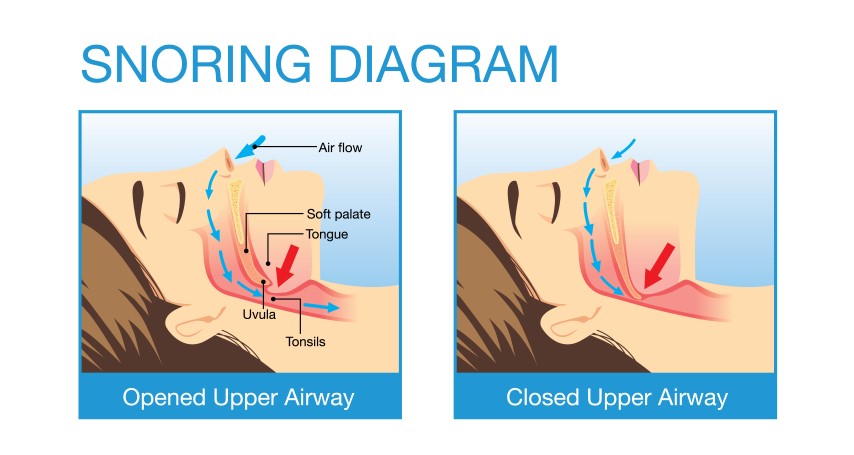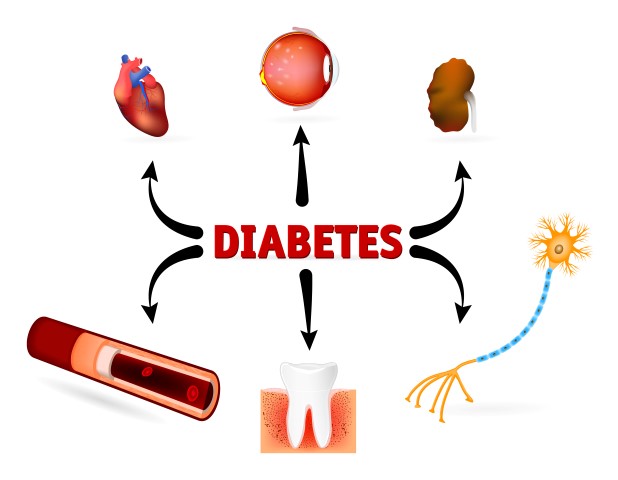Surprising Causes of Bad Breath and How to Fix it
Bad breath can be caused by many things from poor diet to stress at work, even talking too much can contribute to odor! The good news is that it’s completely treatable. Here are some ways to defeat pesky halitosis for once and for all…
Some Background: What Causes it?
Bad breath is caused by bacteria that release foul smelling chemicals into the mouth.
Gum disease is the most common cause of chronic bad breath – it inflames gums, making them swell and separate from the teeth. The resulting pockets harbor bacteria causing an increase in oral malodor.
Anywhere there are tough spots to clean, means it’s easier for bacteria to grow. If you’ve got crowding or gum disease, the more likely you are to have bad breath.
But these aren’t the only culprits. Here are some common causes of bad breath and simple steps you can take to treat it.
Brushing and Flossing – Brush your tongue!
Proper care of your teeth and gums will go a long way toward maintaining fresh breath. The American Dental Association recommends brushing twice each day with a fluoride toothpaste.
The most common area for bacteria to collect is right at the back of the tongue. Cleaning the tongue with your toothbrush or a specialized tongue cleaner will go a long way.
Mouthwash also helps and to remove odor-causing food particles from between your teeth, be sure to floss once per day.
Another potential treatment is oral probiotics.
Dry Mouth: Stressed out? Gossiping too much?
The American Dental Association attributes a condition called xerostomia, better known as dry mouth, to bad breath.
Dry mouth is exactly what it sounds like: a decreased amount of saliva resulting from continuous mouth breathing, salivary gland problems, or certain medications. The lack of beneficial saliva can lead to a buildup of odor-causing particles in the mouth.
Activities such as talking or singing exposes your mouth to air and dries it out – so if you talk too much, it may be time to bite your tongue, or at least re-hydrate!
To combat dry mouth, be sure to stay hydrated or try sucking on a sugar-free candy. We recommend Xylitol products.
And chill out: At least one study found stress hormones cause bad-breath bacteria to grow at a faster rate. The stomach ulcer bacteria has also been linked to bad breath.
Diet: Sugary Foods, Not Eating, and Tonsil Stones
The phrase “you are what you eat” is especially true when it comes to mouth odor.
Researchers at New York University list strong-smelling foods such as pastrami, garlic, and onions as common culprits of bad breath.
If you’re dieting, you may notice that your breath is worse between meals. Infrequent eating results in lower saliva production, which can cause bacteria buildup in the mouth.
Eating meals at regular intervals can help reduce this accumulation, because it stimulates saliva production and moves food/bacteria out of your mouth.
Sugar is the fuel that powers bacteria and also creates an acidic environment that they love – so cut the sugar and squash the bugs!
Food and debris can get caught in your tonsils – when it hardens it’s known as tonsil stones. If you notice these regularly, see your dentist – they can help devise a strategy to control them or determine if removing the tonsils is necessary.
Smoking and Tobacco
Yet another entry on the long list of reasons to kick the habit, tobacco products can also contribute to bad breath.
The experts at Ohio State University’s Wexner Medical Center attribute tobacco use to a wide range of problems with the teeth and gums.
In addition to mouth odor, potential problems include periodontal disease, loss of taste, gum irritation, and oral cancer.
Medical Conditions: Sinusitis and Diabetes
Bad breath can be a warning sign or symptom of another underlying health issue.
According to the Wexner Medical Center, mouth odor can indicate a respiratory infection, diabetes, a gastrointestinal disorder, or issues with the liver and kidneys.
Sinusitis – the chronic inflammation of your sinuses – causes mucus to drip down into your throat. This mucus feeds the bacteria which can cause bad breath. Consult with your dentist or medical professional to see if a nasal spray or other solution is appropriate.
Diabetes has also been linked to halitosis due to the build up of toxins in the blood.
Symptoms vary from person to person, so if you suspect that your bad breath might be stemming from a larger problem, make an appointment with your doctor to address your concerns.
Bad Breath Prevention
Scheduling regular dental checkups will help keep plaque buildup and gum disease from developing.
Contact our office about any oral health issues you may be experiencing.
We can provide professional recommendations tailored to your situation that will help keep your mouth as fresh and clean as it can be.



